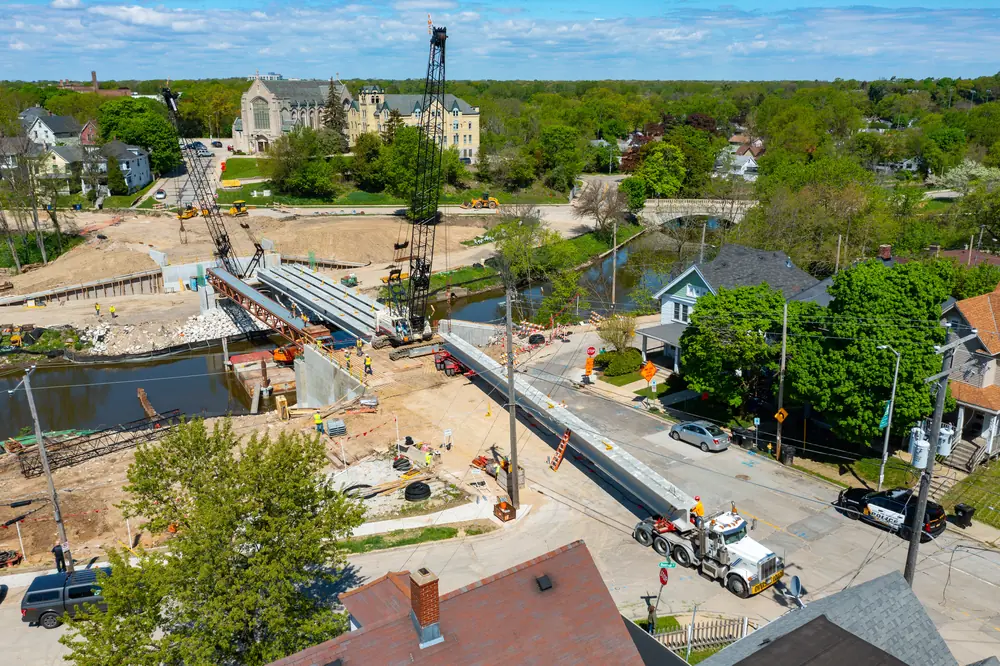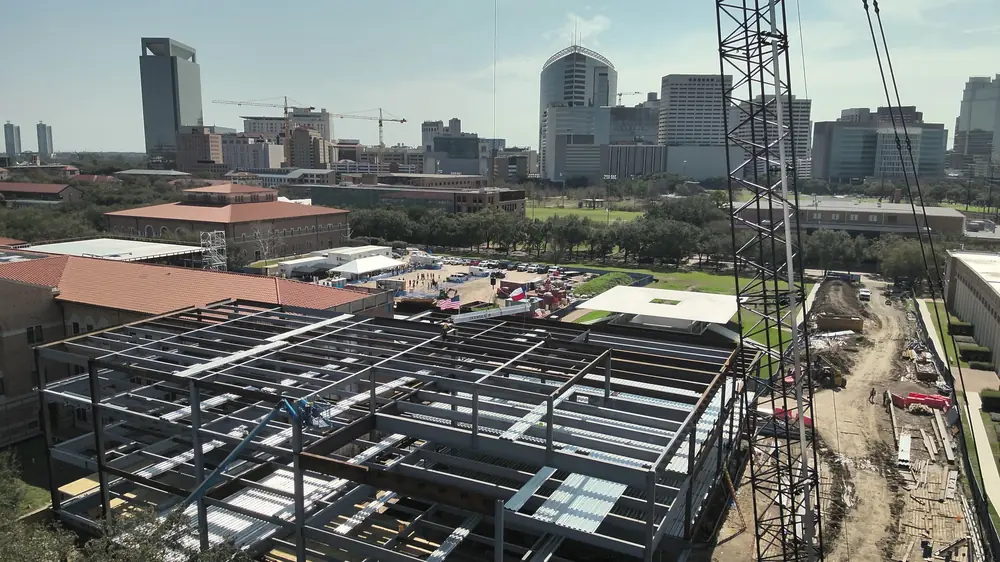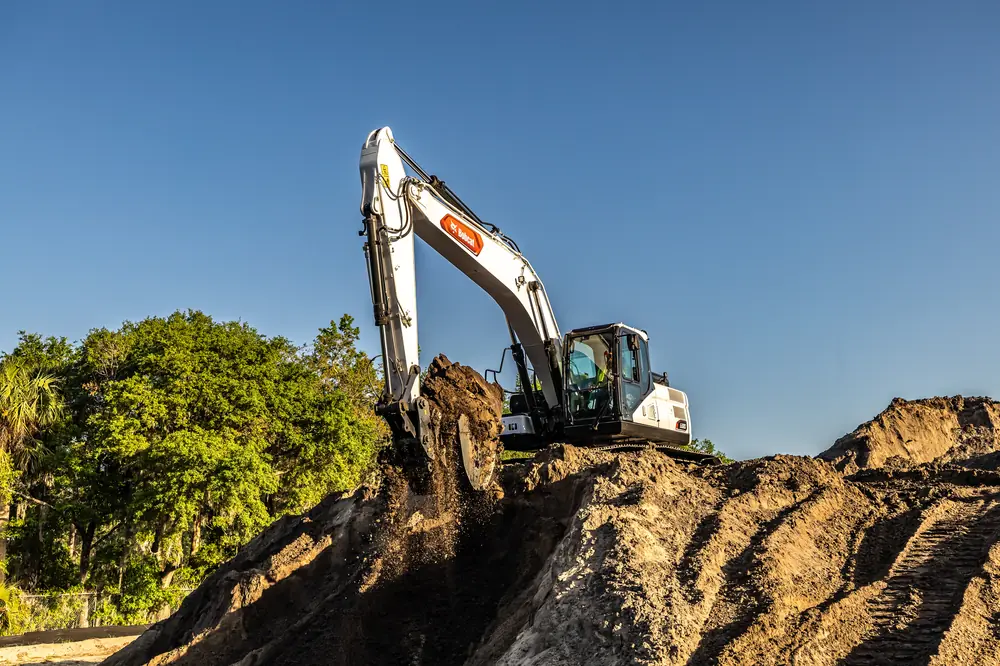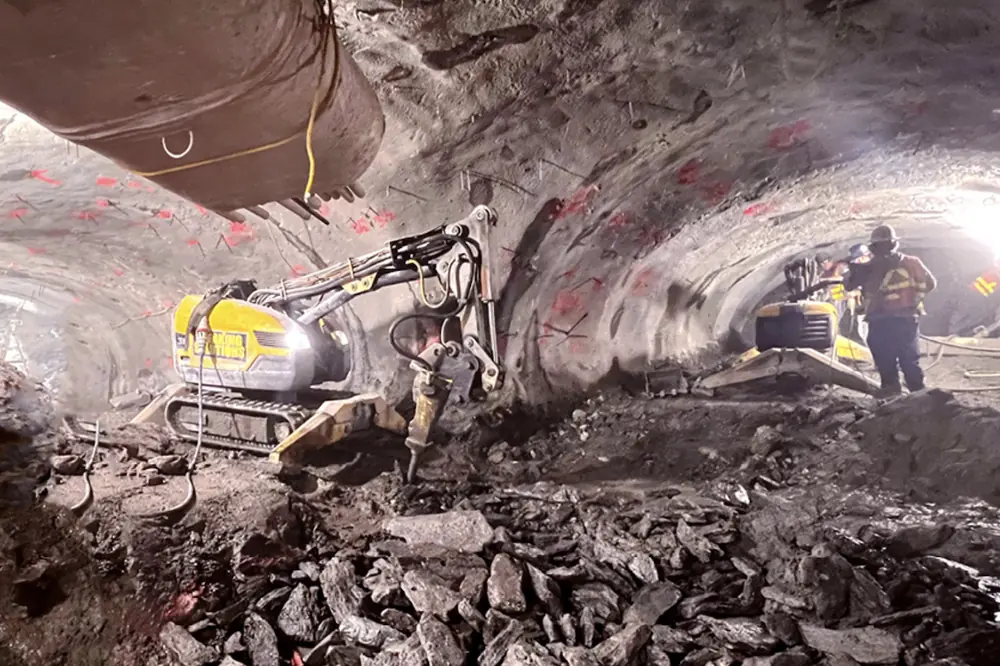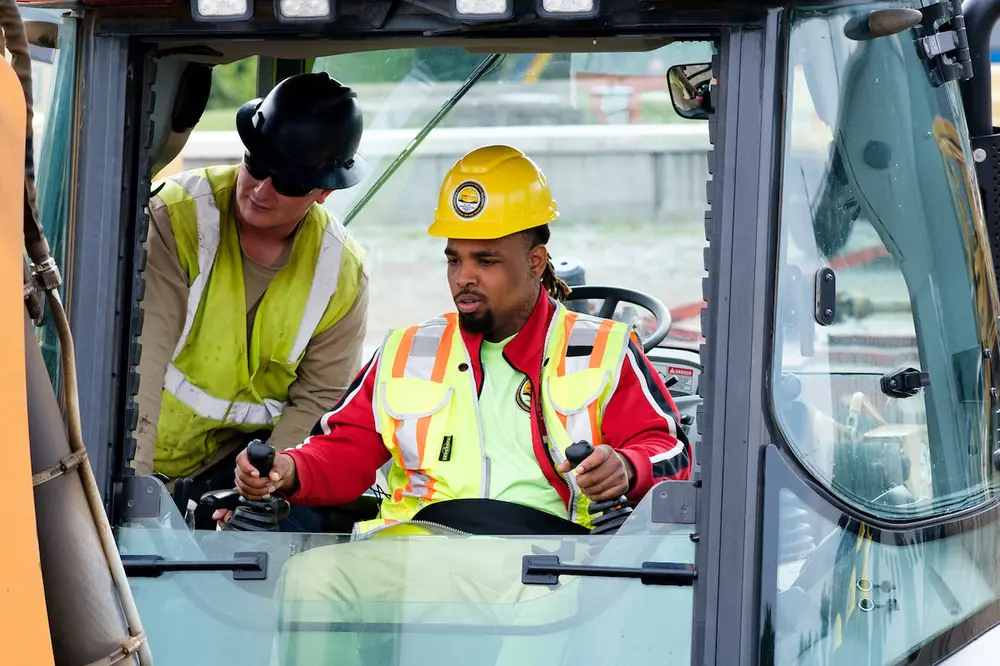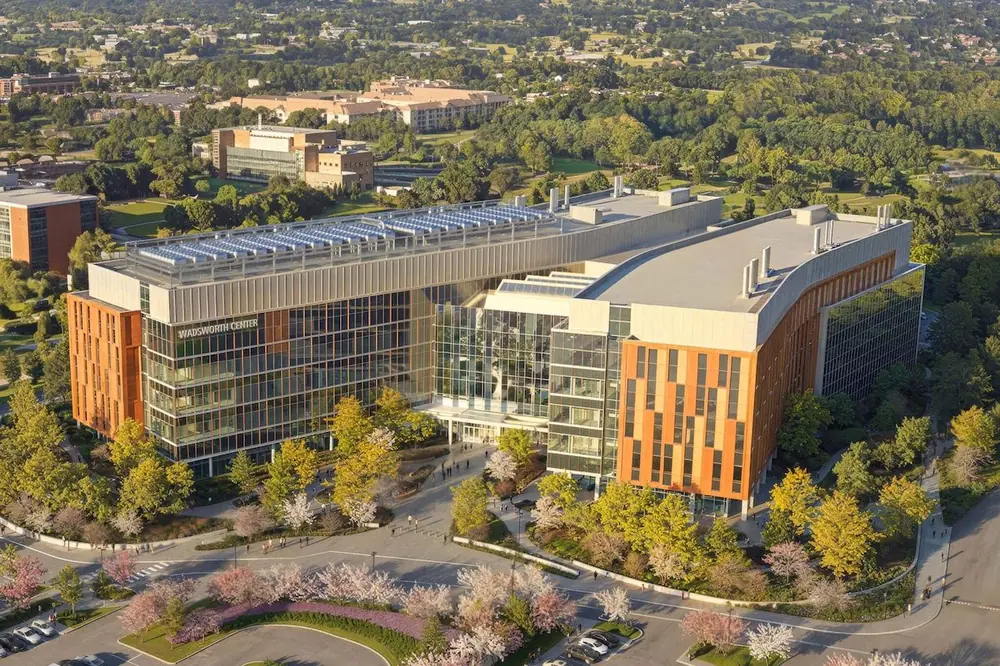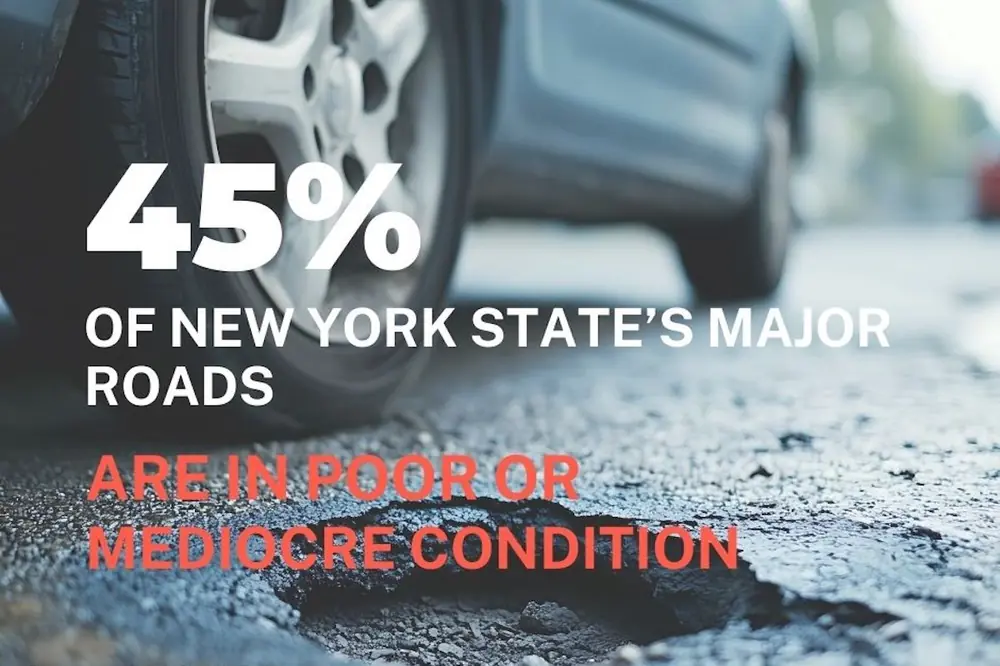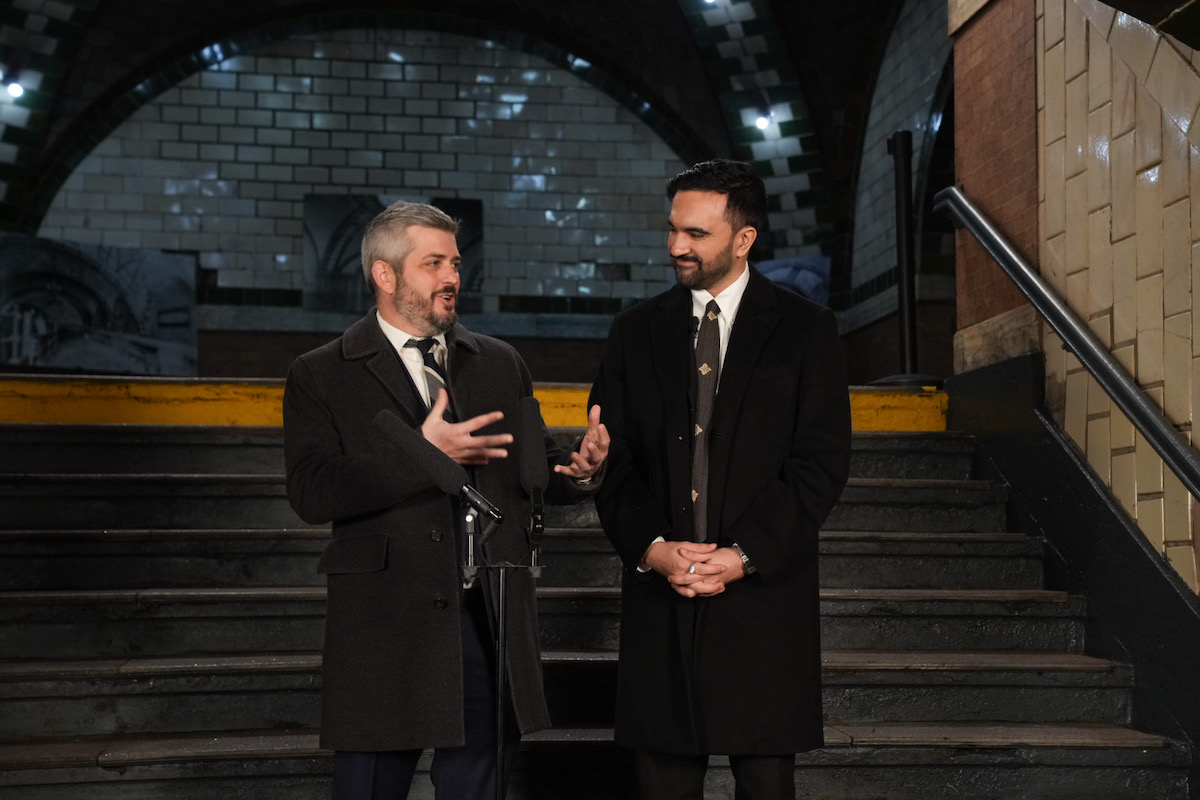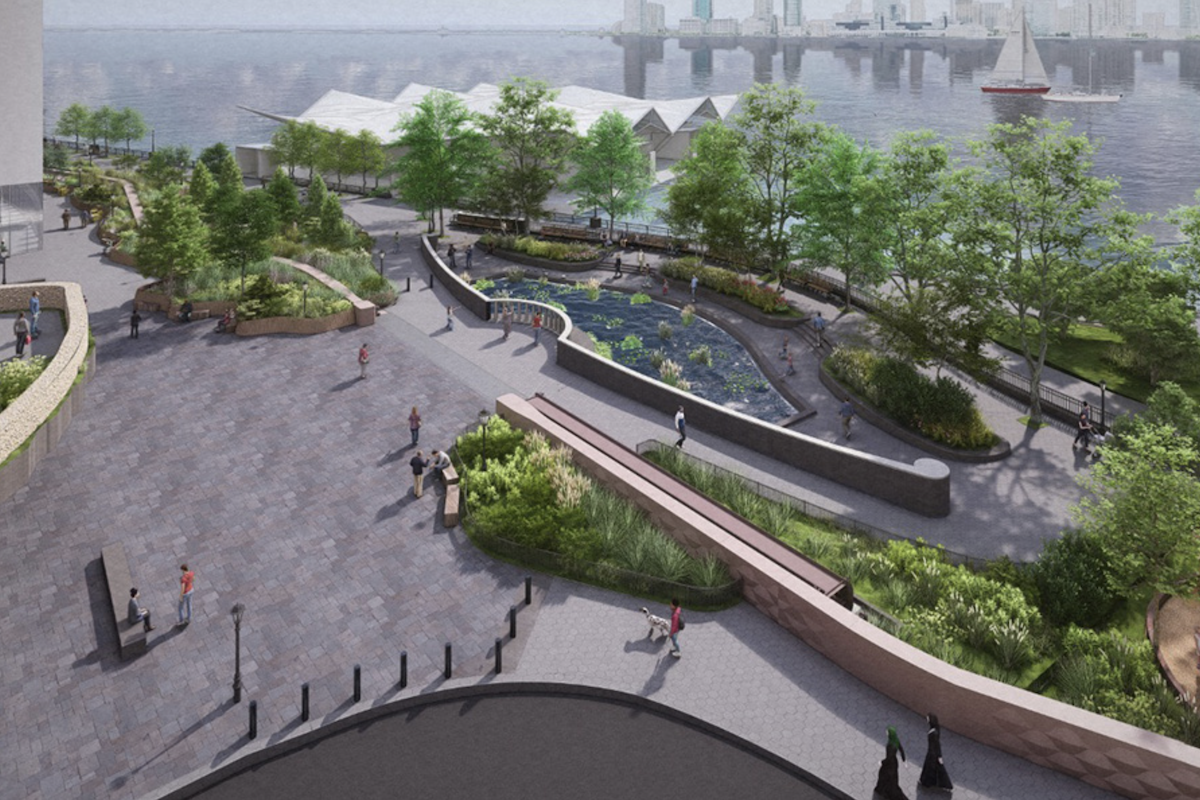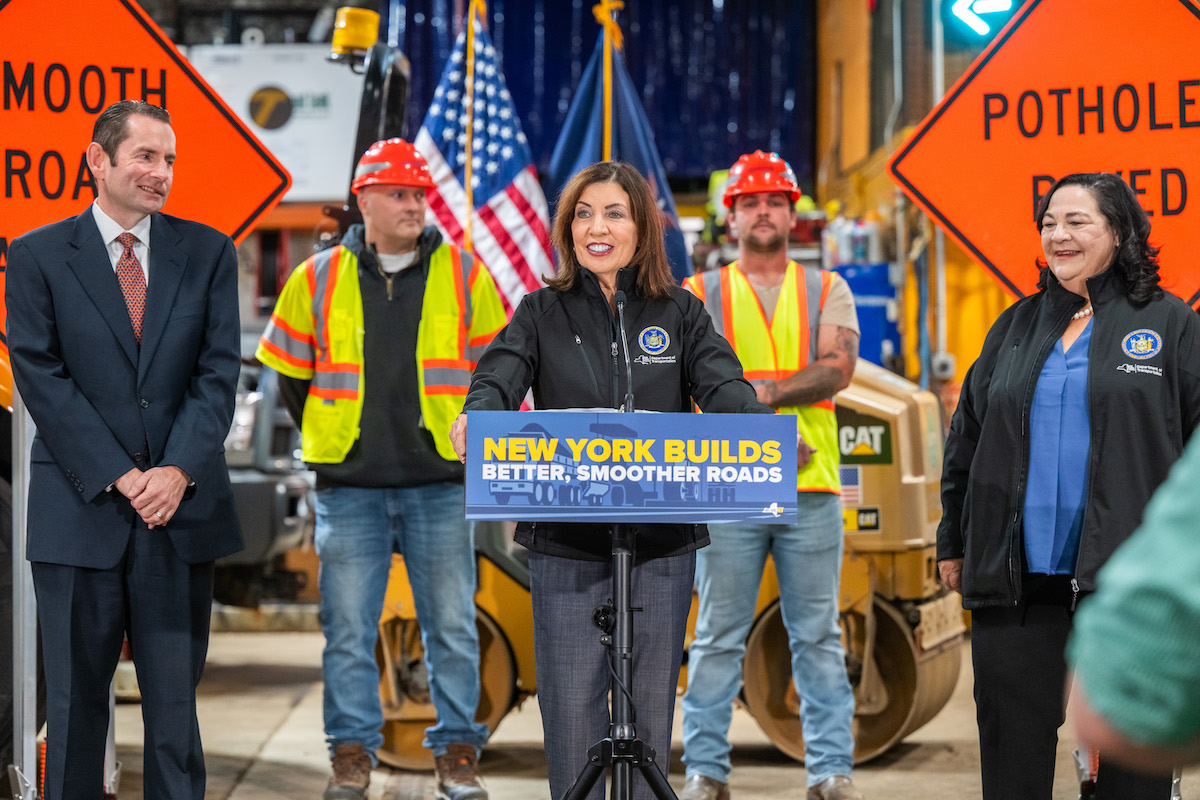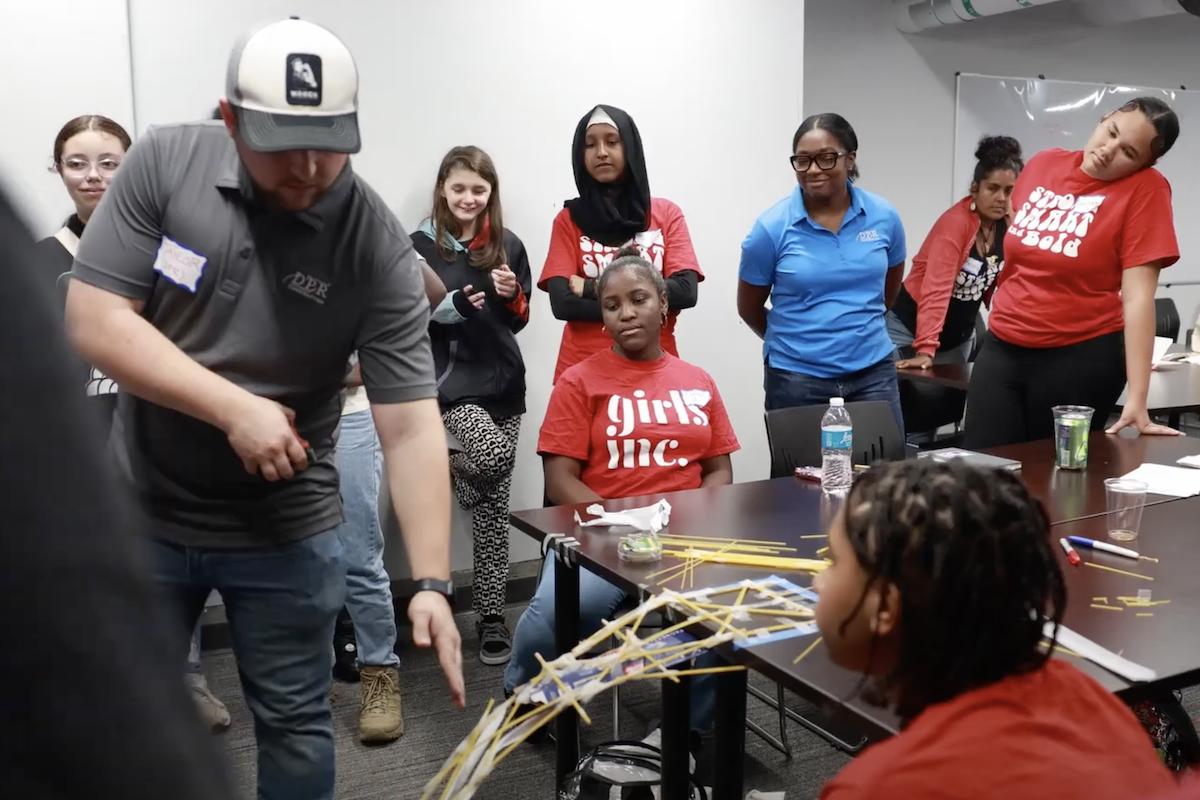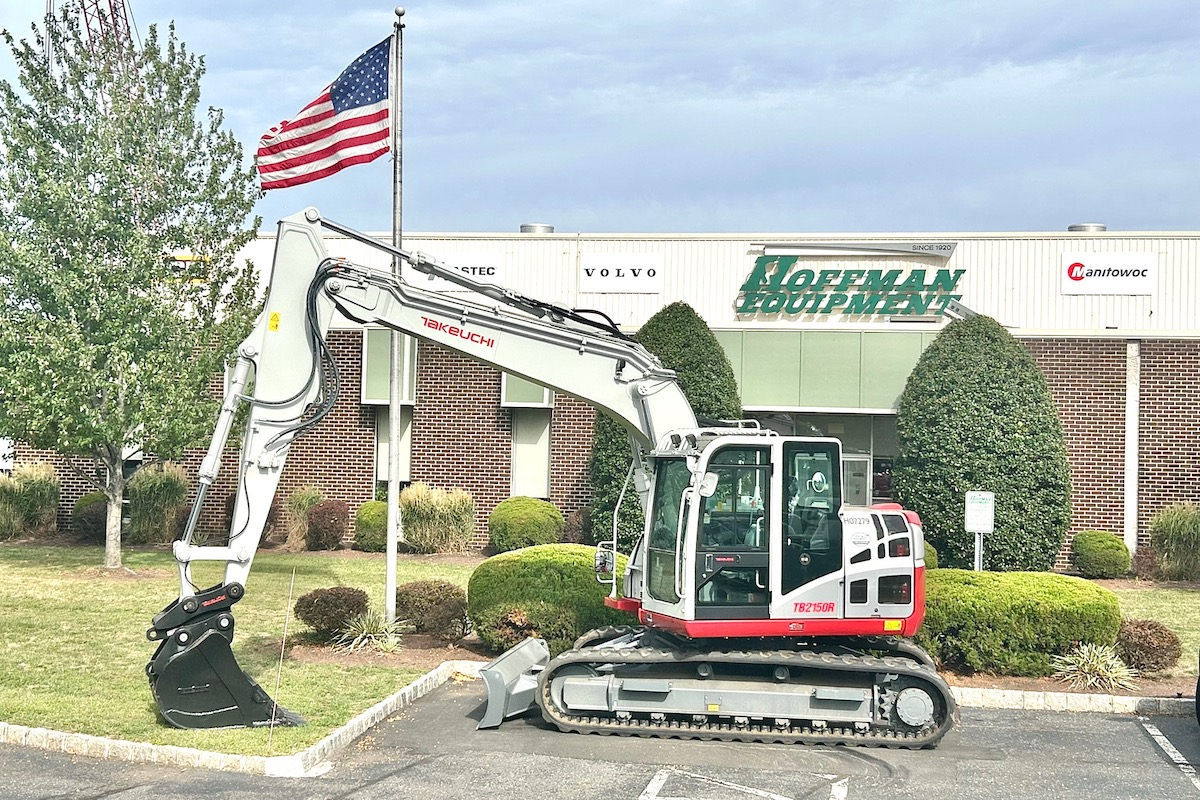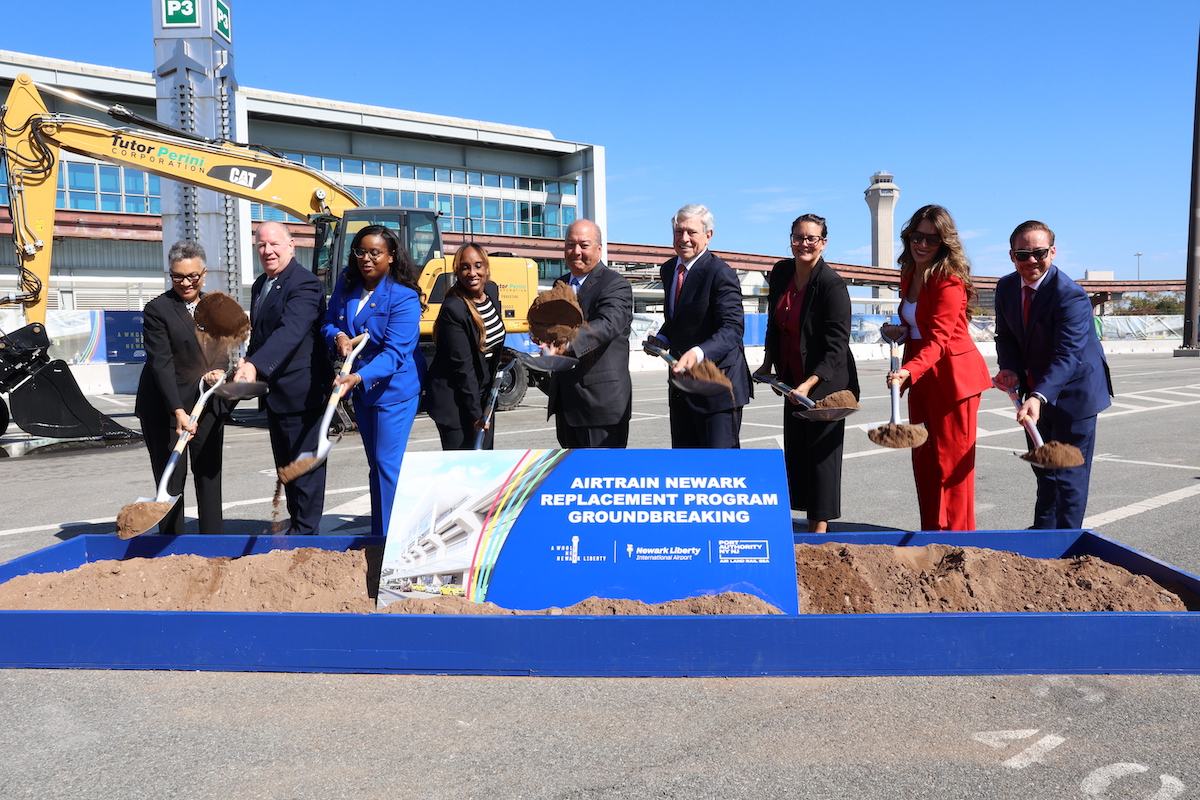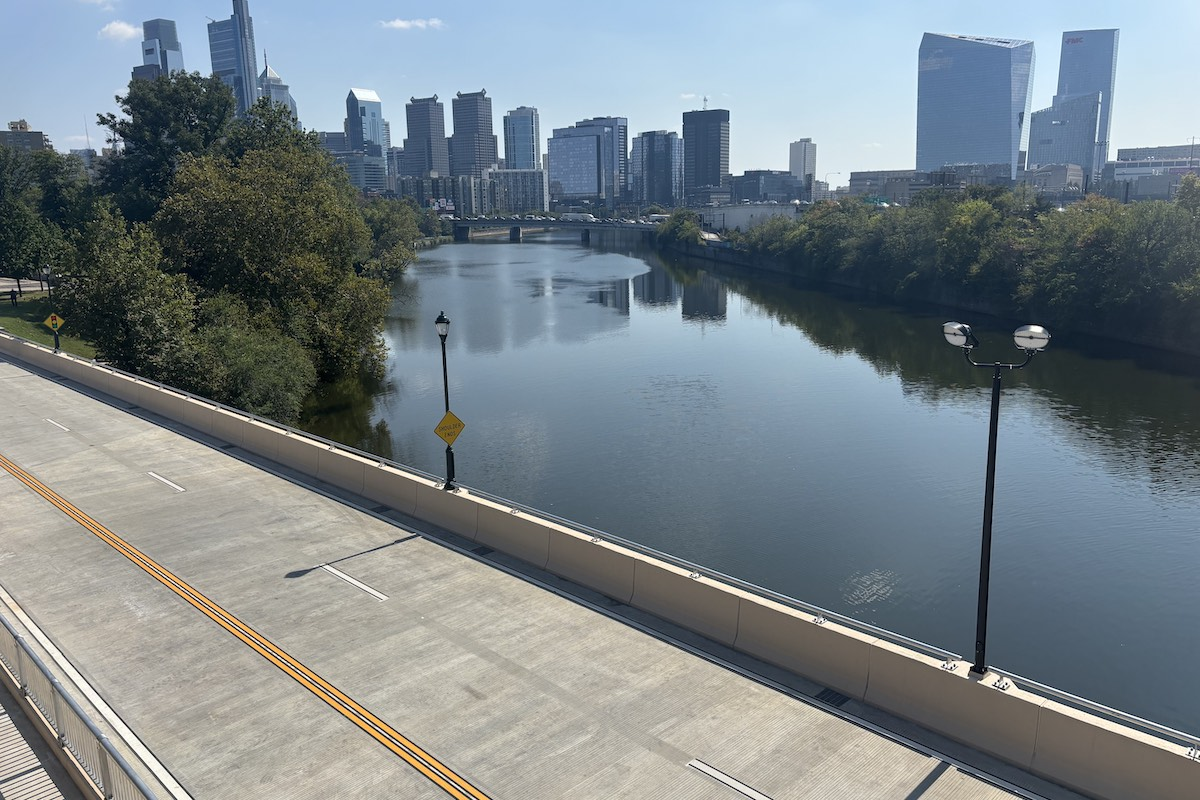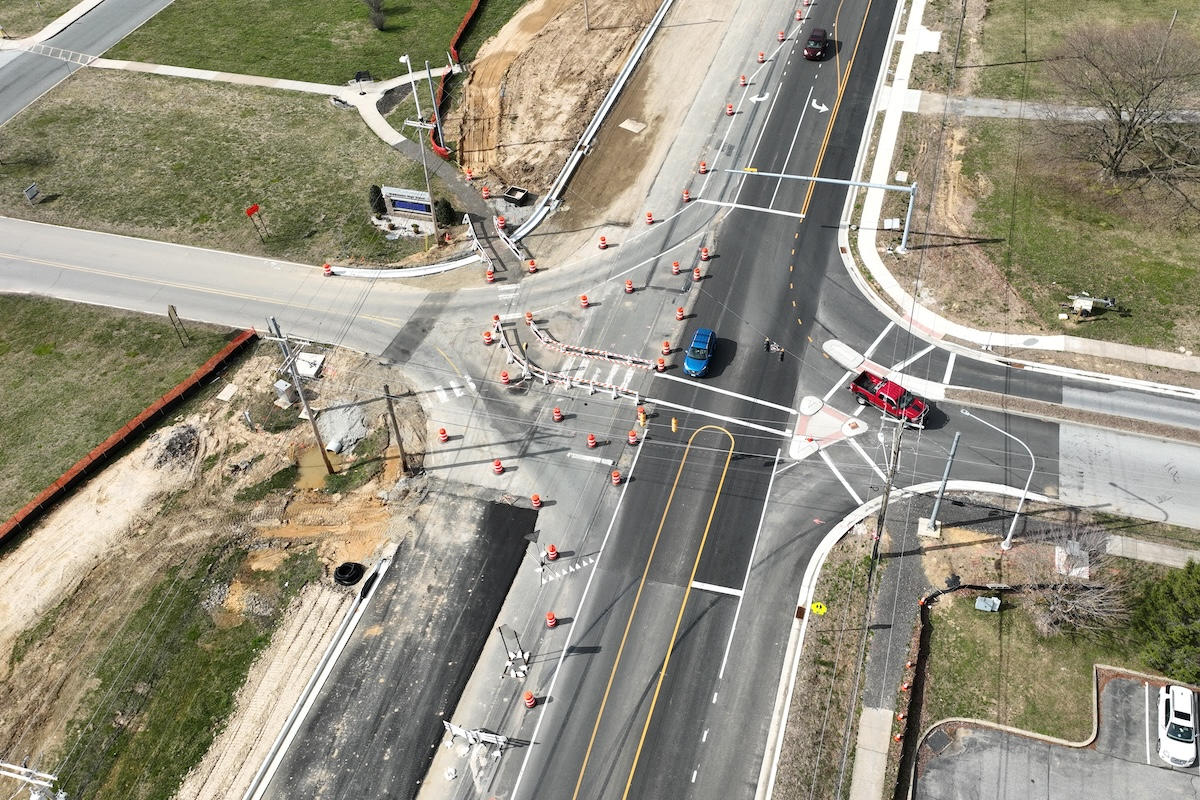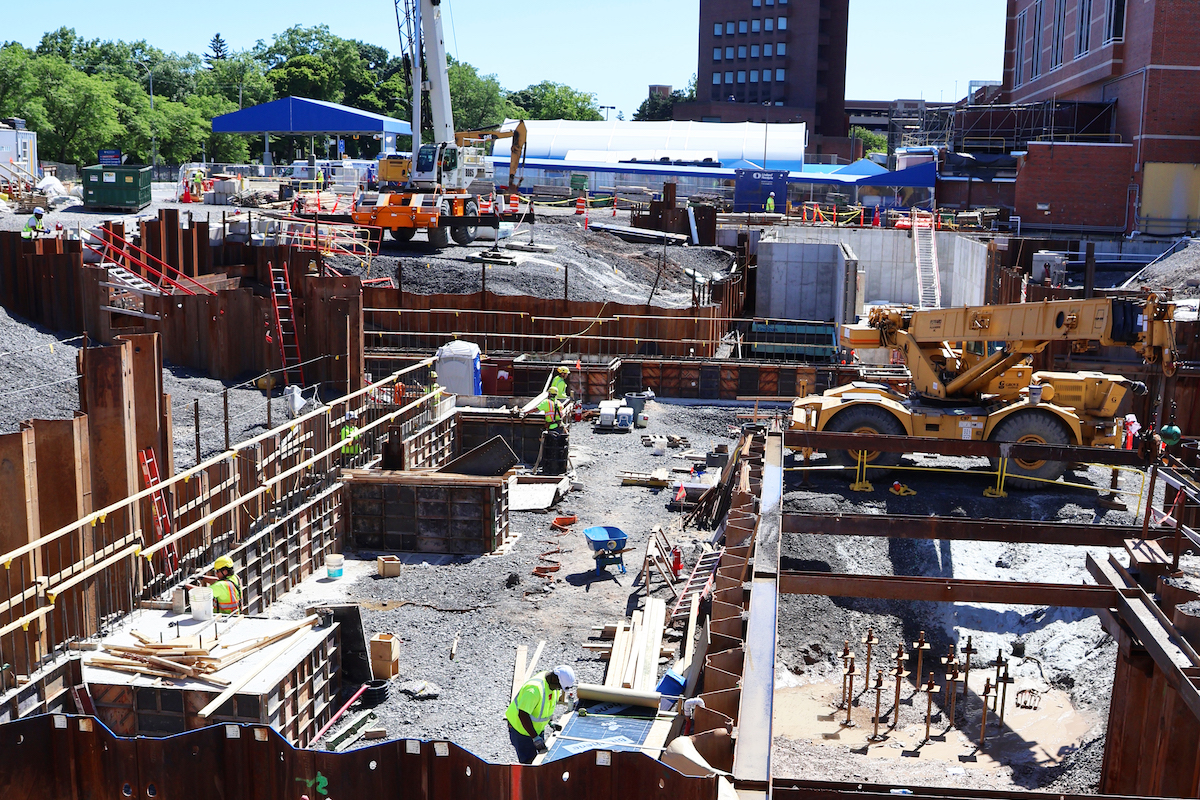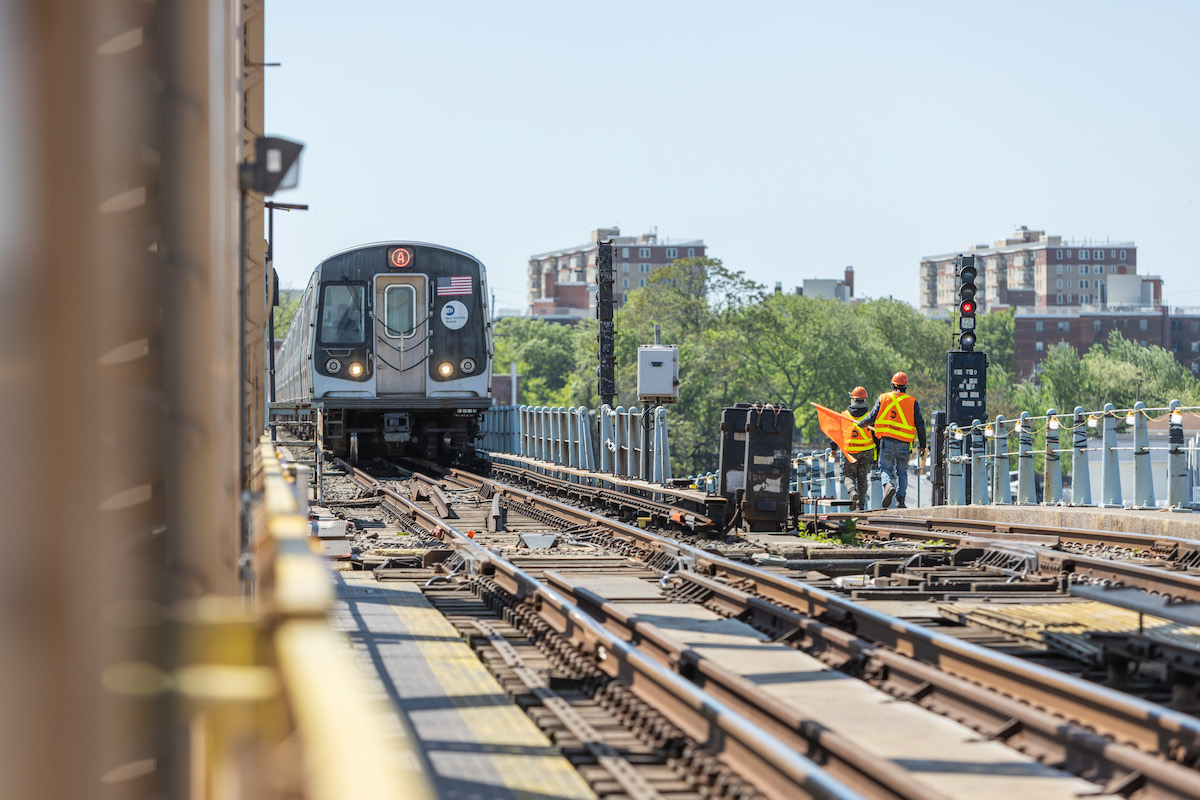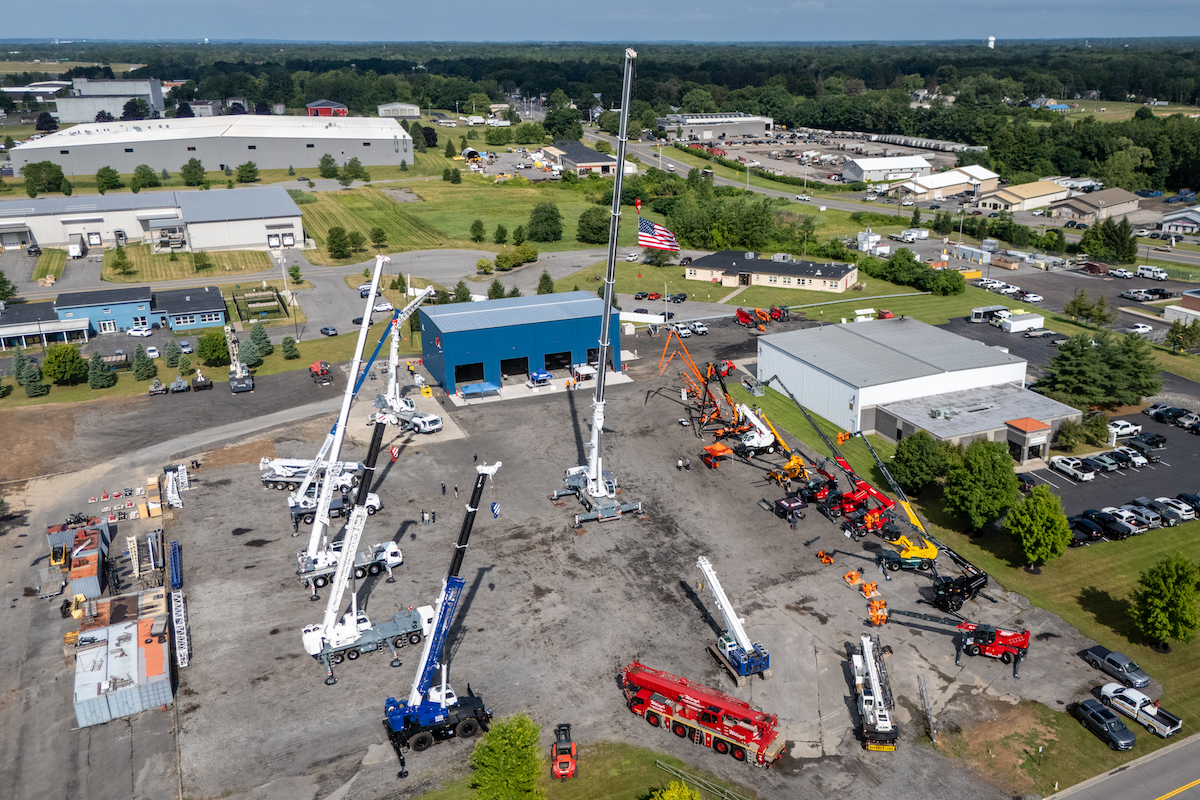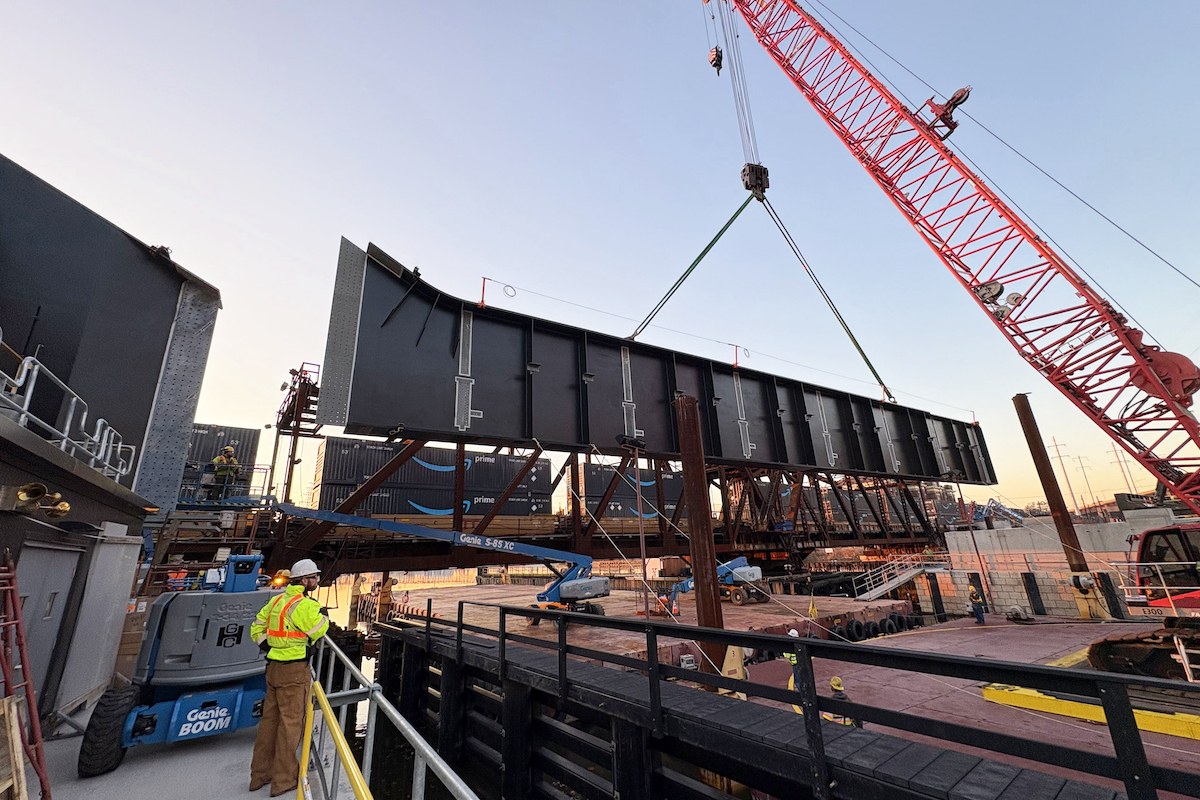To meet the region's transportation needs, an Illinois Department of Transportation (IDOT) project to replace the existing structure is currently underway. The new structure, more than twice the width of the old bridge, will increase capacity by adding a third lane and shoulders, while increasing safety, reducing travel times, and adding bike and pedestrian accommodations to ensure additional multimodal access.
IDOT, in cooperation with the Federal Highway Administration (FHWA), had conducted a comprehensive study, which included extensive public comment opportunities, in determining the need to replace the McClugage Bridge. Following the completion of the design phase for the replacement bridge, construction began in September 2019. All work is expected to be complete by July 2025.
“The route in this area is where U.S. 150, Illinois Route 29, and Illinois Route 116 all come together,” said Nick Volk, IDOT District 4 Project Implementation Engineer. “The current ADT [average daily traffic] is 41,500 vehicles. The route passes from an urban area and major route through Peoria into a suburban portion of Tazewell and Woodford Counties. It's a major commuter route. Much of the residential growth in the tri-county area — Peoria, Tazewell, and Woodford counties — over the last 30 years has been centered in towns in Woodford and Tazewell, causing ADT numbers to increase and reduce the efficiency of this river crossing.
“The new eastbound McClugage Bridge will provide the public with a modern design that meets or exceeds all current safety standards. The old eastbound bridge had very narrow shoulders and only two lanes. It was originally projected to carry between 5,000 to 6,000 vehicles per day. The new bridge will have three lanes and two 10-foot-wide shoulders for increased capacity and safety. It also includes the construction of a 14-foot-wide multi-use path that ties into a regional trail system. Shortly after the new bridge is complete, it will be used to carry both eastbound and westbound traffic for a period of about two years. This is necessary because the existing westbound bridge, which opened in 1982, is due for a deck replacement and rehabilitation. The width of the new bridge allows two lanes in each direction at all times to minimize motorist inconvenience during a major project.”

| Your local Trimble Construction Division dealer |
|---|
| SITECH Allegheny |
| SITECH Northeast |
The new bridge is under construction about 40 feet south of the existing bridge. Volk reported on the status of the project: “All substructure is complete, and 95 percent of the beams have been set,” he said. “Deck has been poured on about 60 percent of the available area. Roadway work is complete on the IL Route 116 portion of the project, as is the new ramp from eastbound U.S. 150 to southbound IL Route 116. The new overpass of U.S. 150 over IL 29 [not a part of the larger bridge] has its first stage complete.”
The project’s construction cost is approximately $167 million. The funding comes from the Major Bridge Funds program for Illinois and is split 80-20 between FHWA and IDOT.
Primary contractor for the McClugage Bridge project is Johnson Brothers Corporation. The design team and the construction, engineering, and inspection team are from IDOT District 4. Additionally, IDOT has contracted with several professional service consultants, including Michael Baker Engineering International, Inc.; HR Green, Inc.; Illinois Construction & Environmental Consulting, Inc.; Images, Inc.; Hermann & Associates LLC; Infrastructure Engineering, Inc.; Mauer-Stutz, Inc.; Kaskaskia Engineering Group; and Terra Engineering, Inc.
“The new bridge is a tied arch design,” Volk said. “The intent in choosing this design was to select an economically feasible design that would best complement the westbound's cantilevered through truss design.”
The new bridge's signature arch was floated and placed on newly constructed piers in the winter of 2023. The bridge is expected to open to traffic in the fall of 2024. Remaining work to occur in 2025 includes completion of the eastbound bridge over Adams Street, which cannot be completed before the new bridge opens because traffic needs to use it. Likewise, additional minor roadway work will be finished after the new bridge opens.
Upon completion of the eastbound work, the westbound McClugage Bridge will undergo a major rehabilitation including repairs, painting, and a new deck. Demolition of the old bridge will occur in 2025.
The multi-use path component of the new bridge is 14 feet wide and just over 8,000 feet long, according to Volk. “The path is separated from traffic by a 39-inch-tall concrete barrier with a 15-inch-high parapet rail mounted onto it,” he said. “The outside of the path contains an 18-inch-high concrete wall with a bridge fence mounted to it. This fence varies from three feet to six feet tall. Each end of the trail has a small parking lot that will contain informational signs about the history of the river crossings on this stretch of the Illinois River, and a portion of the soon-to-be demolished eastbound bridge will also be placed near these lots.”
“Producing accurate surveys across the river — and during the building of the arch — was one of the greatest challenges, due to the proximity of the existing structures and the depths of the footings in the river,” Volk said. “Access and limited locations to establish safe control points were difficult. There was constant communication between Quality Control and Quality Assurance survey parties, and there were multiple rounds of survey involved. A combination of total stations, regular transit levels, and GPS units were used to pinpoint the final project layout and to eventually tie everything together accurately.
“Another challenge the contractor faced during construction was deciding whether to 'stick-build' the arch in place out over the river channel, or relocating the build site of the arch to an off-site location that included a subsequent float-in design. After multiple sequences were conceptualized and many iterations drawn up, the contractor finally decided the 'float-in concept' would save time. It allowed concurrent construction of the arch and the remaining river piers and setting of the approach girders.”
The construction and placement of the bridge's arch component is certainly the most complex aspect of the project. The arch, which weighs over 7 million pounds, was constructed at a site approximately 300 yards from the bridge.
“In December 2023, the arch section was 'floated' into place [on barges and towboats],” Volk said. “The 650-foot-long by 80-foot-wide by 130-foot-tall structure was moved over the span of about 14 hours and lowered into place onto the piers. This was the culmination of thousands of hours of work, over two years in the making. It's difficult to verify, but the arch is likely the largest man-made object to ever float on the Illinois River.”
Volk said that traffic management during the construction has been straightforward. “With the new bridge being built south of the existing bridge, there are minimal impacts to traffic. One traffic change that was required occurred when the existing ramp from northbound Illinois Route 29 to eastbound U.S. 150 had to close in order to build that portion of the new structure. This caused a pattern change, such that all northbound traffic wanting to go eastbound had to turn left at a newly installed signal versus a free-flowing ramp that had previously existed.”
“With a safer, more efficient river crossing, it's hoped that this area will continue to grow,” Volk said. “The installation of the multi-use path will hopefully spur expansion of the regional trail system on the East Peoria side of the river. The Peoria side has already seen upgrades to their path system in this area with recently completed upgrades of over a mile of path that was previously an abandoned railroad line.”
For more than seven decades, the McClugage Bridge has played a vital role in the overall commerce of the Peoria metropolitan area. The new McClugage Bridge will improve safety, regional mobility, and the overall traveling experience for the thousands who use the bridge every day, while positioning the area for long-term economic opportunity.
- American Bridge Company
- Alexander Brothers Construction Corporation
- Beer Bros Concrete Cutting and Coring
- Central Landscaping, LP
- Cobra Concrete Cutting Services Co.
- Collins & Hermann, Inc.
- DGI-Menard Inc.
- DOT Diamond Core Drilling, Inc.
- F&W Lawn Care & Landscaping
- Homer Tree Service, Inc.
- J.C. Dillon. Inc.
- Laser Electric, Inc.
- Mid-State Steel Co., Inc.
- Miller and Son Construction Co.
- Otto Baum Company, Inc.
- R & E Midwest Sales Company
- R. A. Cullinan and Son, a division of UCM, Inc.
- Richard Goettle, Inc.
- RoadSafe Traffic Systems, Inc.
- Stark Excavating, Inc.
- Thomas Industrial Coatings, Inc.
- United Ironworkers, Inc.
- Vector Construction Inc.
- Western Asphalt, Inc.
- IMEG Corporation
- Genesis Structures, Inc.
- Westbrook Engineering
- Janssen & Spaans Engineering, Inc.











